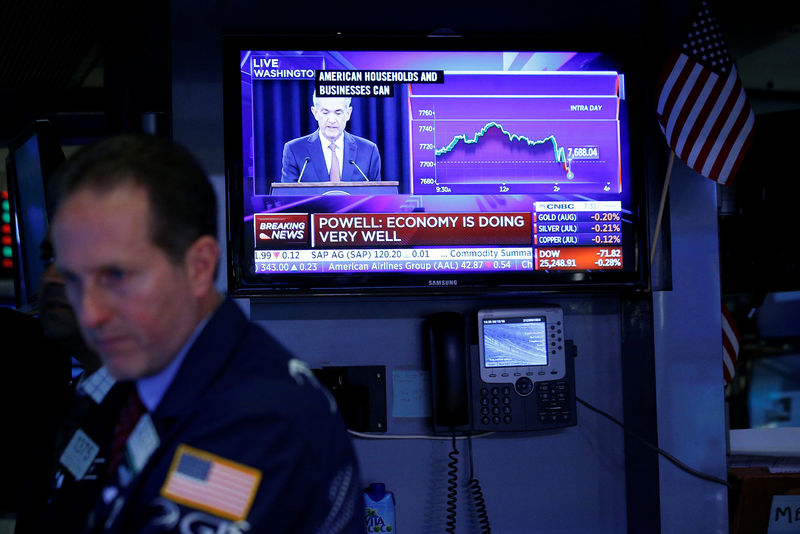Morgan Stanley on Markets: Path to a ‘Goldilocks’ scenario is narrowing


According to Morgan Stanley, the path to a “Goldilocks” scenario—a state of economic equilibrium characterized by moderate growth and low inflation—is becoming increasingly difficult to navigate.
The bank’s latest note highlighted the market’s reaction to a potential start of Federal Reserve rate cuts in September, driven by a noticeable slowdown in June inflation, which caused a significant drop in US Treasury yields and a rotation in equity leadership.
The bank explained that the , having peaked at an all-time high of 5,667, saw a 3% decline, while the Index, heavily weighted with mega-cap tech stocks, dropped by double that amount.
Conversely, the small-cap Index gained over 10%. This shift also saw value stocks outperform growth stocks, cyclicals outpace defensives, and low-quality stocks best high-quality ones.
Importantly, more than 80% of stocks were above their 200-day moving average, indicating increased confidence in a soft-landing scenario for the economy.
Despite this optimism, Morgan Stanley pointed out that economic surprises have been mixed, and the earnings season has shown limited positive surprises, with forecasts reflecting negative revisions and skepticism about returns on generative AI investments. They state that this suggests that market actions are pivoting almost exclusively on valuation multiples and rate forecasts.
Morgan Stanley’s Global Investment Committee (GIC) remains cautious, acknowledging that while a soft landing is their base case, the narrowing path to this scenario is fraught with challenges.
They note that US consumers are increasingly reliant on jobs for consumption, corporate management teams face aggressive margin expansion expectations, and global growth is slowing with rising policy uncertainties. Given these factors, the potential for Federal Reserve mistakes is said to remain high.
Morgan Stanley advises focusing on asset class diversification, valuation, and growth at a reasonable price among equities. They recommend favoring the equal-weighted S&P 500 or active stock picking in high-quality cyclicals or defensives, while avoiding the temptation to chase small-cap momentum or the Magnificent Seven bounce.







